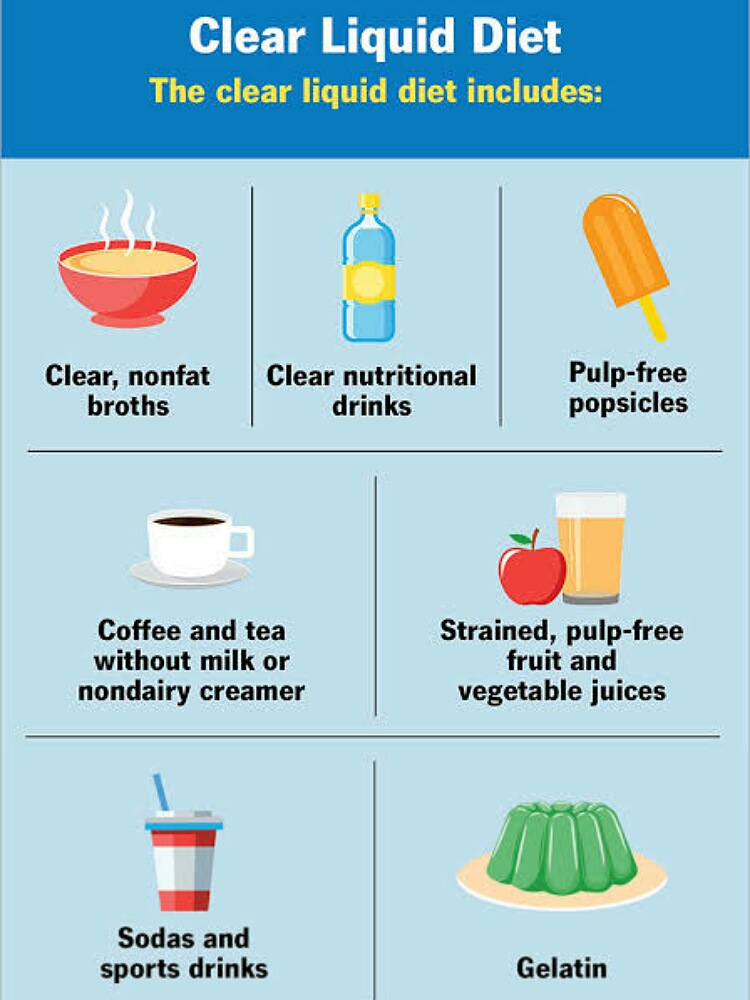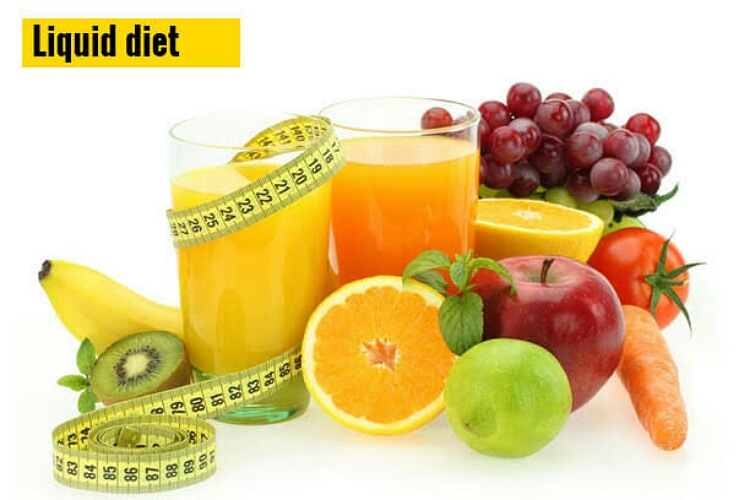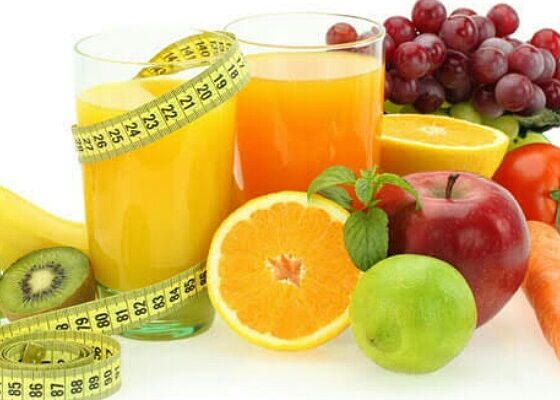Some people use liquid diet for faster weight loss and to overcome digestive woes. What foods should one consume in this diet? Is it effective? Is it healthy?
What is a liquid diet?
A liquid diet is one in which you consume only fluids with no solid foods. This includes taking soups, juices and shakes and smoothies. Advocates of this diet promote it as a rapid weight loss tool. Moreover, it can serve as a detoxifying and cleansing method. And some use it to overcome digestive woes and bloating.

But how effective are these fluids to help shed the extra pounds of weight? Is it easy to follow? Are there any potential health benefits with it? Are there any likely side effects noted? Is this diet really necessary or worth it?
Potential benefits for health
In this diet, you are replacing all your meals with liquids. There are options of homemade or commercial juices and smoothies. One can have homemade or commercial protein shakes. The juices can be simple squeezed or cold-pressed. There are also commercially available liquid meal replacements. But they come with a high price tag.
There are some medical conditions that necessitate a fluid diet. This could be difficulty in swallowing or certain gut problems or surgeries. Boston-based dietitian, Ayla Barmmer says that this diet is rarely used medically. It might be of help in case of small intestinal bacterial overgrowth (SIBO) for a short time.

It can effectively reduce weight. Moreover it is an easy and convenient way to do so. Portion and calories remain controlled with it and the body fat dissolves better and faster.
There are claims of fruit and vegetable juices cleansing the body. No doubt, they are rich in vitamins, minerals and antioxidants but there is no studies to back them for this indication. Nutrition professor, Rachele Pojednic states:
“There are certainly studies that show benefits of juice on antioxidant concentration and anti-inflammatory mechanisms in the human body but it’s generally in the presence of a healthy diet (or other solid foods). The biggest problem is that people think they are ‘detoxing’ their organs, which just isn’t how your liver, or kidneys, or any other organ works.”
Risks of this diet
The downsides of this diet are many. You cannot continue with this diet for long. You would feel dizzy and light headed even when you follow it for a short term. It will not provide you with satiety and you may feel hungry sooner after fluid intake. This is because compared to solids, liquid foods are digested and absorbed faster. And your stomach would be empty and you will feel hunger pangs soon after.
The calories provided by this diet are too little. Moreover, you will be missing out on important nutrients with this diet. The fiber, protein and fats are too low in liquid foods. Hence, you might end up with nutritional deficiencies when on this diet for a longer time.

Additionally, this diet is expensive because you need to grab some commercial preparations for it. Rachele explains:
“There are very few rewards of going on a liquid diet,”
Read here: Why are desserts reserved for the end of meals?
She continues:
“You may lose a little weight in the short term due to water loss, and perhaps a couple of pounds in the longer term due to a massive calorie deficit. But achieving these results is not typical because the diet is so challenging and makes you feel pretty terrible.”
